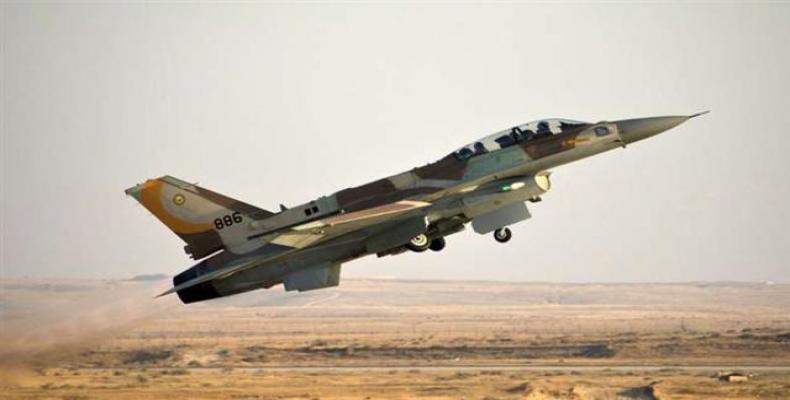Washington, August 17 (RHC)-- The administration of U.S. President Donald Trump has reportedly decided to sell billions of dollars’ worth of Lockheed Martin's latest and most advanced F-16V fighter jets to Taiwan, despite Beijing has warned the United States against moving forward with the controversial plan.
The U.S. State Department has started informing staffers on congressional committees but has yet to formally notify Congress of the $8 billion sale, The Wall Street Journal reported quoting people familiar with the matter.
The State Department, which would ultimately authorize the sale, declined to comment, but Republican and Democratic members of Congress expressed their support for the proposed sale, said the sources who were not authorized to discuss the matter publicly and spoke on condition of anonymity.
Representative Eliot Engel (D., N.Y.) and Michael McCaul (R., Texas), the chairman and ranking member on the House Foreign Affairs Committee, issued a joint statement regarding the sale. They said the move “sends a strong message about the U.S. commitment to security and democracy in the Indo-Pacific.”
They also said the possible sale would receive strong congressional backing and both bolster US-Taiwan ties and deter what they called interference by China.
“These fighters are critical to improving Taiwan’s ability to defend its sovereign airspace, which is under increasing pressure from the People’s Republic of China,” said Senate Foreign Relations Committee Chairman Jim Risch, a Republican from the state of Idaho.
The F-16 deal is highly controversial because China fiercely opposes all arms sales to Taiwan. China claims sovereignty over the self-ruled island, and almost all world countries, including the US itself, recognize that sovereignty under a policy known as “One China.”
Washington — which has no formal diplomatic relations with Taipei by law — has extensive military ties with Taiwan, selling advanced military hardware to the island.
The Chinese Foreign Ministry said on Friday Washington will be held responsible “for all related consequences.” Chinese Foreign Ministry spokeswoman Hua Chunying said such moves "severely violate" the one-China policy and that Washington should “fully recognize the highly sensitive and harmful nature of the relevant issue.” "Otherwise, the Chinese side will surely make strong reactions, and the U.S. will have to bear all the consequences.” she said.
The move follows the July approval of up to $2 billion in Abrams tanks for Taiwan—a development that drew swift criticism from Beijing. The proposed sale includes 108 General Dynamics Corp M1A2 Abrams tanks worth around $2 billion as well as anti-tank munitions.
The State Department approved in September last year the proposed sale to Taiwan of spare parts for military aircraft worth up to 330 million dollars. The deal covered parts for Taiwan’s F-16, C-130, F-5, Indigenous Defense Fighters, and other aircraft systems.
Beijing has strongly objected to Washington for approving the proposed arms sales to Taiwan, warning that providing the self-ruled island with advanced weaponry would breach Chinese sovereignty and do “severe damage” to bilateral relations.


